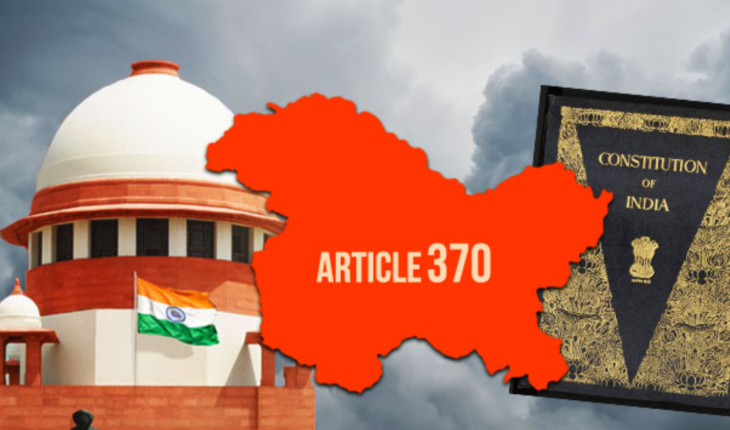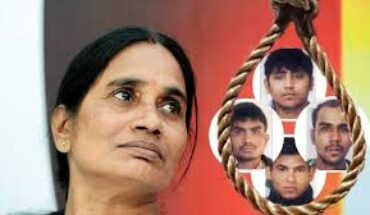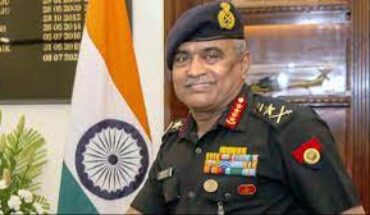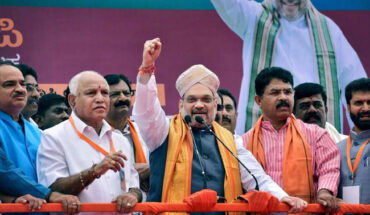The Supreme Court of India has initiated hearings on a series of petitions that contest the abrogation of Article 370 of the Constitution, a provision that granted special status to the former state of Jammu and Kashmir.
A five-judge constitution bench, led by Chief Justice DY Chandrachud, will oversee the proceedings, conducting daily sessions from Wednesday onward.
The bench includes Justices Sanjay Kishan Kaul, Sanjiv Khanna, BR Gavai, and Surya Kant. Setting the stage for the hearings, the court had previously stipulated July 27 as the deadline for parties involved to submit written arguments and compilation of relevant materials.
The hearings will take place on a daily basis, excluding Mondays and Fridays, which are reserved for miscellaneous matters in the apex court. During these days, the court will exclusively consider fresh petitions for admission, while regular proceedings will not be conducted.
The bench has designated two lawyers, one representing the petitioners and the other the government, to compile and submit pertinent materials by July 27.
The court clarified that the Centre’s affidavit detailing the situation in Jammu and Kashmir subsequent to the August 5, 2019 notification – when Article 370 was revoked – will not impact the core constitutional issue under consideration by the five-judge panel.
On August 5, 2019, the Indian government revoked the special status accorded to the former state of Jammu and Kashmir and divided it into two separate union territories.
This legal challenge stems from numerous petitions lodged against the revocation of Article 370 and the enactment of the Jammu and Kashmir Reorganisation Act, 2019, which led to the reorganization of the erstwhile state into the union territories of Jammu and Kashmir, and Ladakh. The petitions were initially referred to a Constitution bench in 2019, paving the way for the current proceedings.






